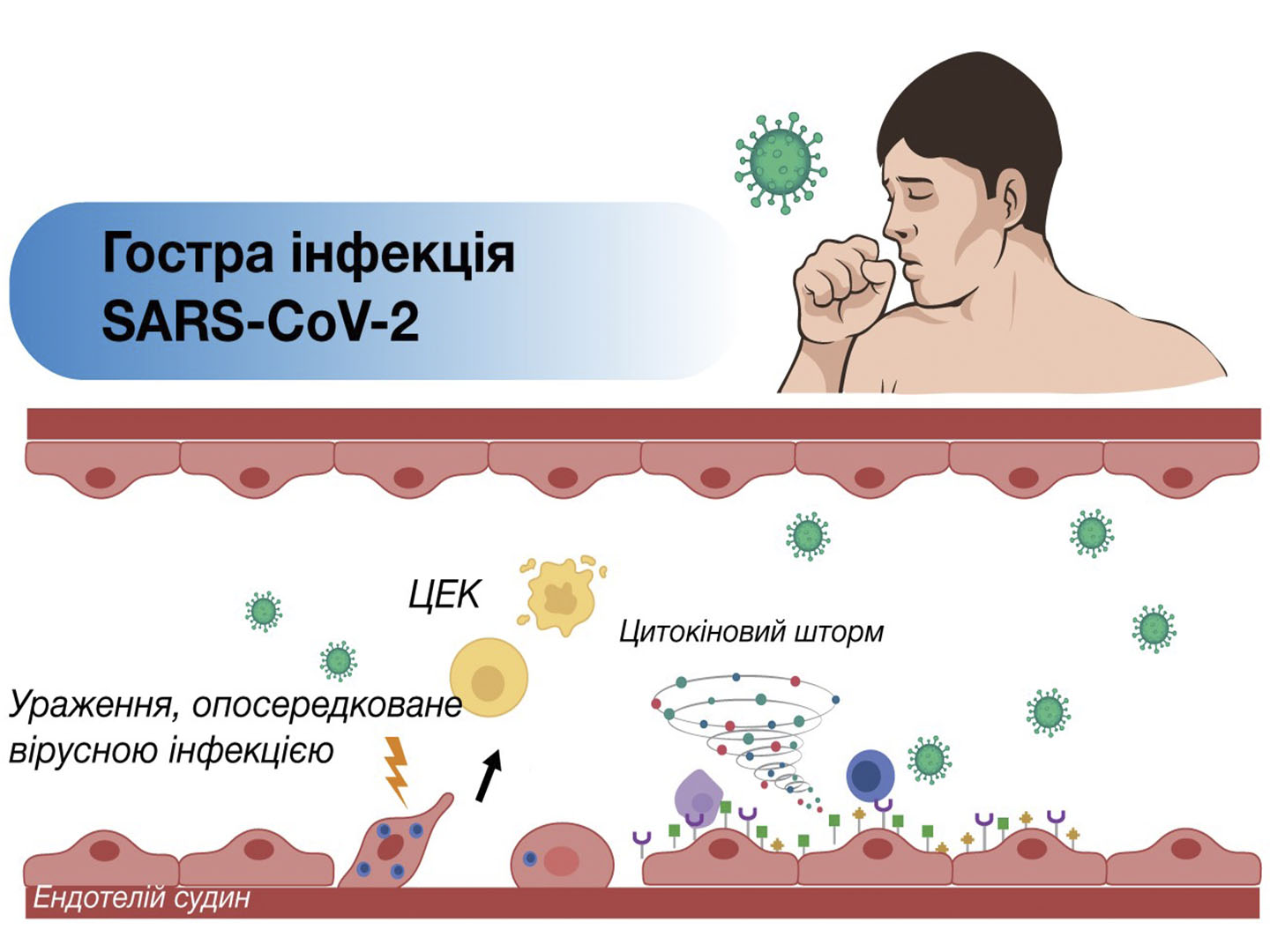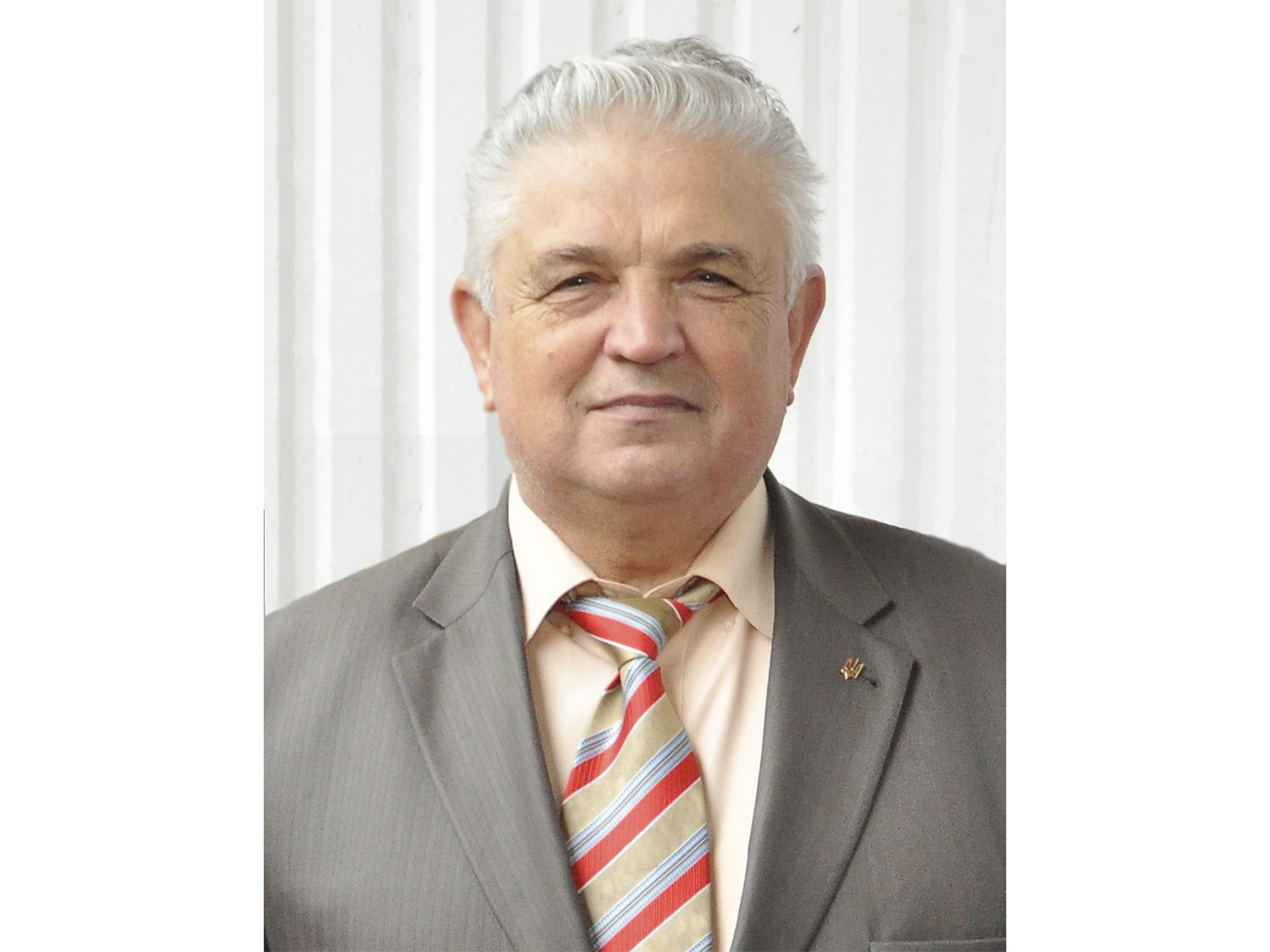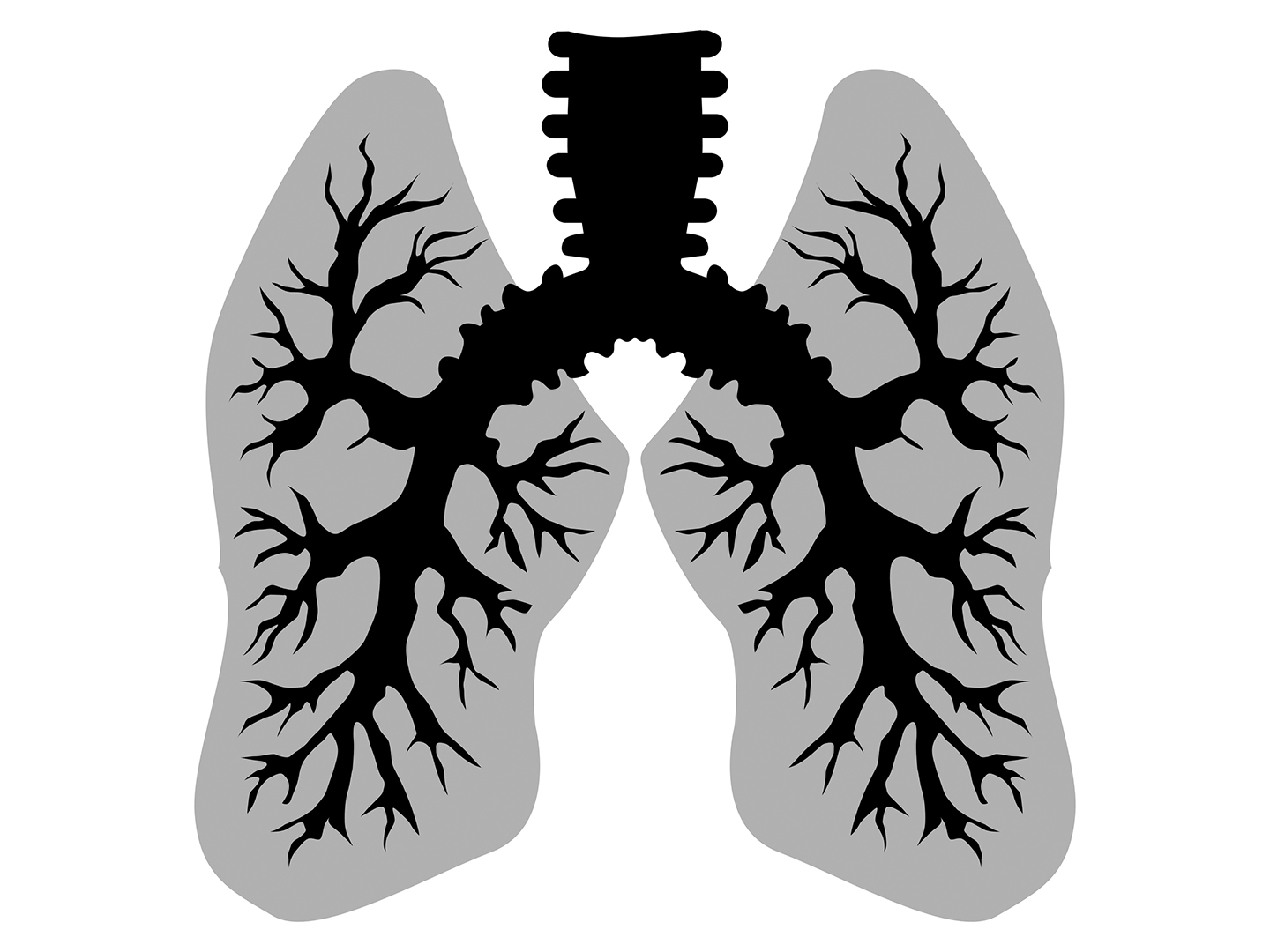Anemia and Chronic Heart Failure in the Real Practice of a Doctor
State Institution “Dnepropetrovsk Medical Academy”
Chronic heart failure (CHF) with concomitant anemia is an important clinical problem requiring further study of the mechanisms of the development of anemia in CHF and optimization of the treatment of this contingent of patients.
The relevance of this problem is evidenced by the following facts:
• the prevalence of anemia in patients with CHF significantly exceeds that in the general population (ESC Guidelines for the diagnosis and treatment of acute and chronic heart failure, 2012);
• The prevalence of CHF among the elderly (60-75 years) is 10-20%;
• among patients with severe CHF, mortality during the year reaches 50% (Voronkov L.G., 2010; Korkushko O.V., 2010);
• a reliable association of anemia with a high risk of death in heart failure was confirmed (He S.W., Wang L.X., 2009);
• a decrease in the level of hemoglobin plays a significant role in the pathophysiological processes in CHF (Tang W.H., Yeo P.S., 2010);
• anemia is a predictor of poor prognosis in patients with CHF (Dunlay S.M. et al., 2008; Le Jemtel T.H., Arain S., 2010).
Anemia in patients with CHF is a clinical and hematological syndrome in which hemoglobin synthesis is impaired due to a number of reasons, the most common of which is iron deficiency. Moreover, the majority of patients with anemia of chronic disease (ACD) of cytokine origin also have iron deficiency due to its redistribution in the body.





